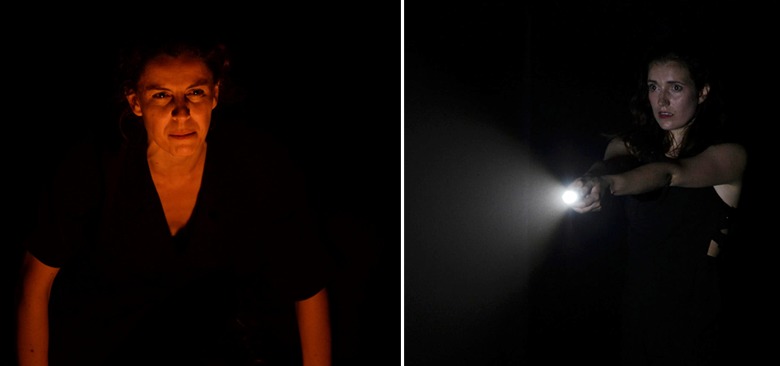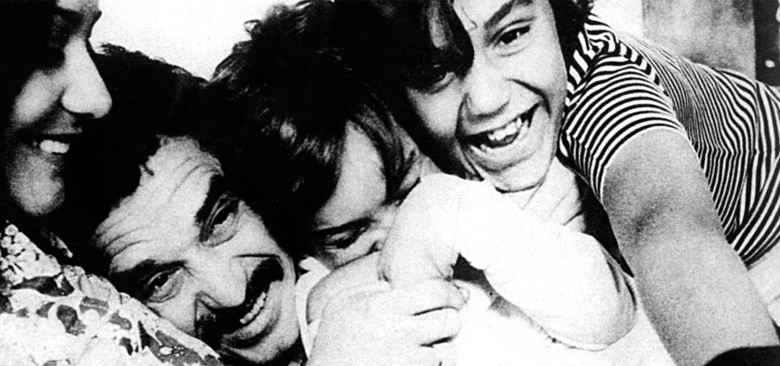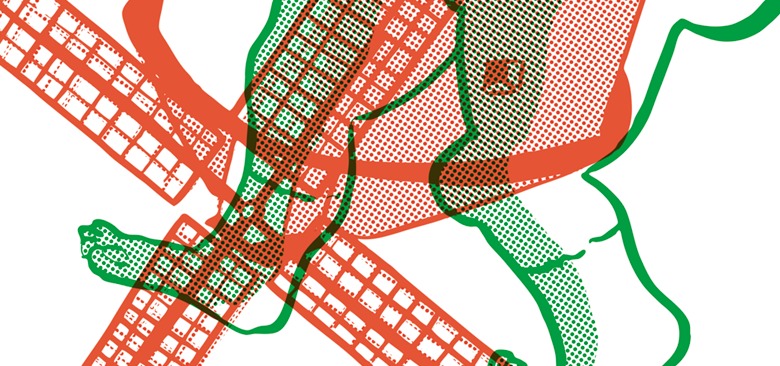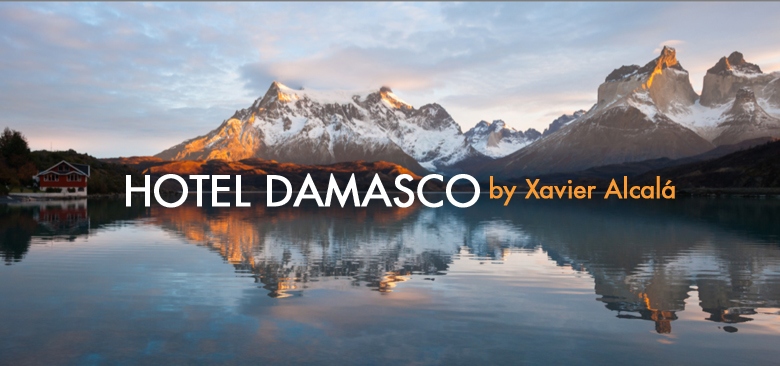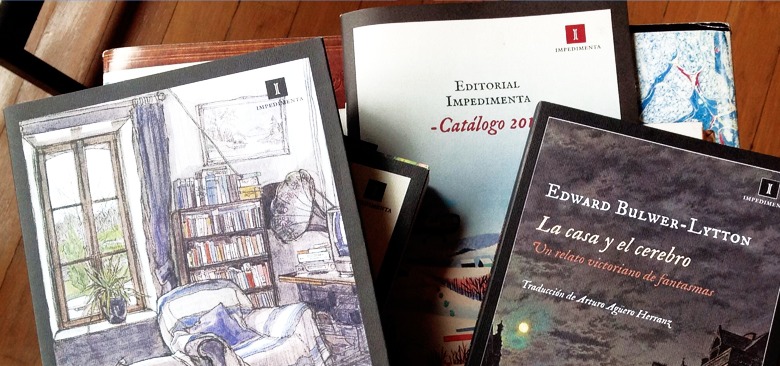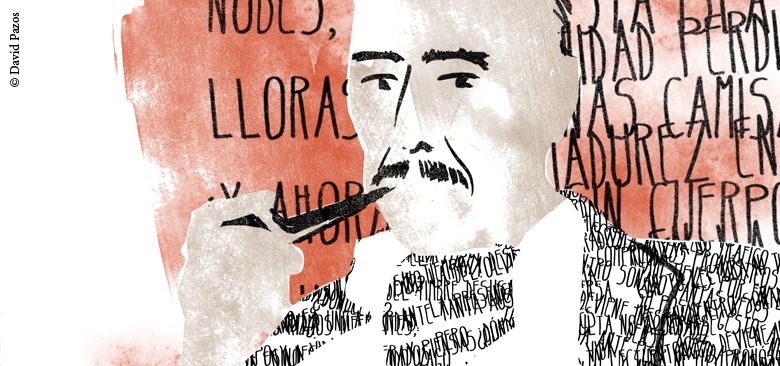There is an excellent production, well worth seeing, unmissable and unforgettable… like all good dreams.
Tag:
literature
The third edition of IberoDocs kicks off with a screening of Justin Webster’s ‘Gabo: The Creation of Gabriel García Marquez’, this evening at the Edinburgh Filmhouse. A documentary which captures the true spirit of IberoDocs and its aims to showcase and promote the very best of Ibero-American culture.
Galdós produced a very disappointing translation of Dickens. Blasco Ibáñez plagiarised translations of Shakespeare. Some translators missed pages out of their translations and complete versions have only recently become available. And all of them, according to Eduardo Mendoza, are suffering from the same malady, the anger that takes over translators. It has only been a few years since decent translations by Spanish authors started to appear, Spanish authors lending their voices to English authors who they admired, or whose works inspired them.
When Manuel and his friend were well seasoned by the sun and the ocean winds, the ship finally reached a sea of red-brown water which the sailors on their ship called a river. On the shore there was a big port and cluster of long, tall buildings, with police, customs, health inspection and a “Hotel for Immigrants”.
Don Emeterio Suárez de Valcarría y Candia was a great huntsman, and an even better womaniser. It was well known throughout the region that, as soon as the season opened, he’d be up in the mountains, day after day, goaded on by the smell of gunpowder with not a thought in his head but feathers and hides and trophies.
Years went by, possibly some twenty, and the spinners of Soacinsa rarely crossed Don Emeterio’s mind. Vicente da Rula fell prey to a cancer that morphine could do little to mask; and the chemist heard no more about that child in the mountains except — from what his servant had told him — that he was growing up happily, with his loving mother and the kindly verger of San Fiz whom the woman had ended up marrying.
Don Emeterio Suárez de Valcarría y Candia was a great huntsman, and an even better womaniser. It was well known throughout the region that, as soon as the season opened, he’d be up in the mountains, day after day, goaded on by the smell of gunpowder with not a thought in his head but feathers and hides and trophies. There were times when he’d be marooned by heavy snowfall and not return home for weeks — not that his family worried much about that, for there were arrangements in place for these absences of the master of the house: his wife took charge of the household and their nine sons, and they had an assistant to look after the chemist shop where the locals would still gather in the back to play cards and dominoes, buoyed by comments and conjecture about the chemist’s carryings-on.
My love affair began in 2007. It’s one of those literary love stories, not because it mirrors those that appear in books but because it’s about the relationship between books and a reader. More specifically, between an independent publisher and myself.
Luis Cernuda runs away from Spain during the war and arrives in England from France. It will be a stay of nine years in the country (1938-1947). Time during which Cernuda reach his final adult voice. Physical space (we could differentiate between the geographical and mythical) and the feeling of a loss bound will be consolidated in his poetry.
- 1
- 2

